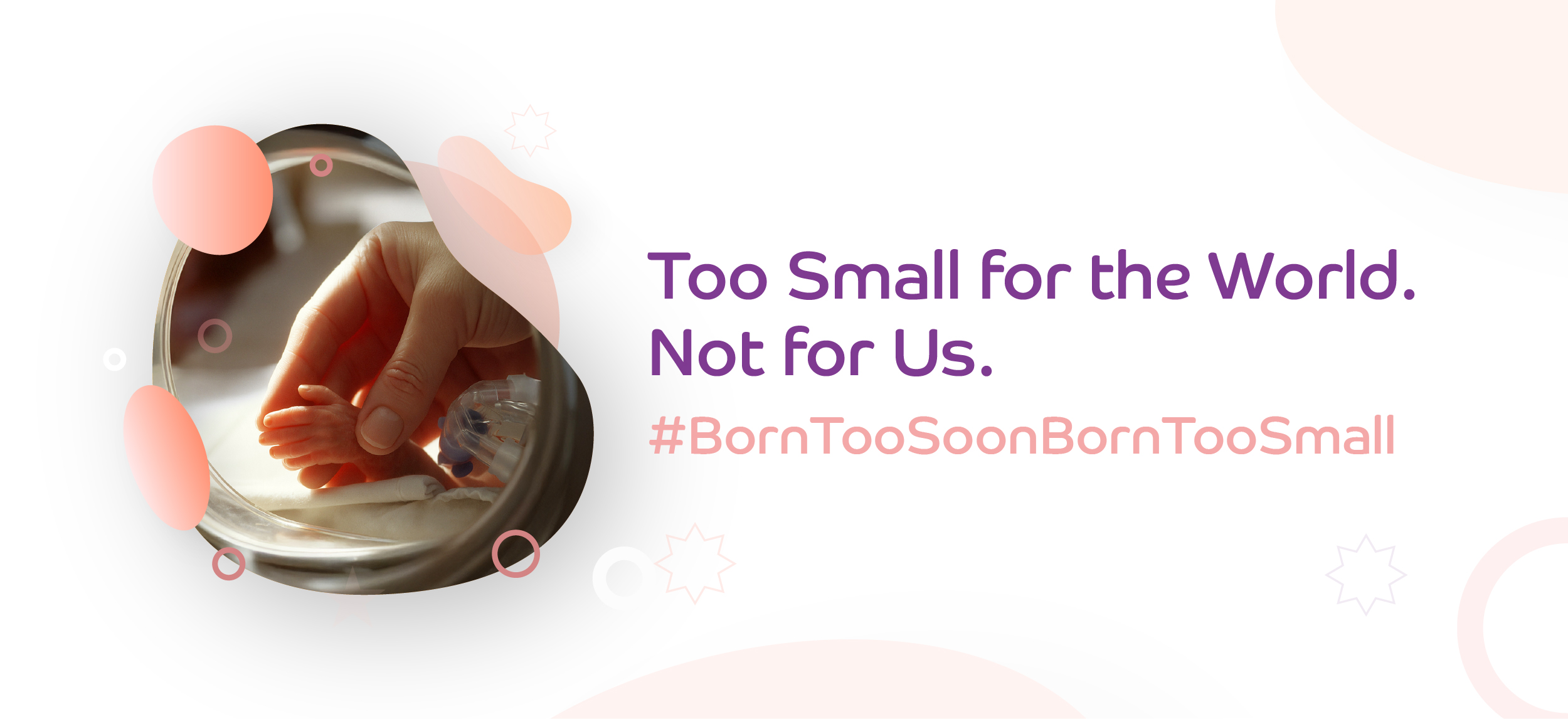Categories
Fever in Pregnancy: Should you be worried
Aug 20, 2025
Pregnancy has this reputation for being nine months of glowing skin, and adorable cravings. Reality check? It also comes with bloating, bizarre dreams, and the occasional health wobble that makes you Google at 3 AM. And one of the biggest wobblers? Fever in pregnancy.
Now, fevers happen to everyone, sometimes from a passing infection, sometimes because your body picked the wrong day to argue with its immune system. But when you’re pregnant, even a low-grade fever suddenly feels like a bigger deal. Cue the panic: “Is my baby safe? Am I safe? Should I speed-dial my doctor?”
Let’s walk through this without the drama, and with the facts.
And please, let’s clear up a common myth: “If it’s just a low-grade fever, it’s fine to ignore.” No, it isn’t. Pregnancy is not the moment to flaunt your pain threshold or downplay symptoms. Bravery points don’t win you prizes here; early check-ins do.
And if you’re wondering where to find a team that actually gets the urgency of all this? That’s where a BirthRight by Rainbow Hospitals comes in. Equipped with specialists who handle pregnancy, newborn, and child health under one roof, Rainbow Hospitals isn’t just about treatment, it’s about trust. Because when it comes to your baby, “better safe than sorry” stops being a cliché and becomes the bottom line.
Disclaimer: This blog aims to provide general information and should not be considered a substitute for professional medical advice, diagnosis, or treatment. Always consult a qualified healthcare provider about your health. If you think you may be experiencing a medical emergency, seek immediate help.
Now, fevers happen to everyone, sometimes from a passing infection, sometimes because your body picked the wrong day to argue with its immune system. But when you’re pregnant, even a low-grade fever suddenly feels like a bigger deal. Cue the panic: “Is my baby safe? Am I safe? Should I speed-dial my doctor?”
Let’s walk through this without the drama, and with the facts.
What Counts as Fever in Pregnancy?
A fever isn’t just “feeling warm.” Officially, it’s when your body temperature ticks above 100.4°F (38°C). And while a non-pregnant adult might chug some fluids, pop a paracetamol, and binge a comfort show, that same strategy during pregnancy warrants more thought. Why? Because your immune system is already working differently. Pregnancy rewires your body’s defences to protect the baby, which can sometimes make you more vulnerable to infections.
Should You Worry? The Complicated Answer
Here’s the deal: not every fever in pregnancy is a red alert, but it’s also not something you shrug off like mismatched socks.- Mild Fevers (around 100–101°F): Often linked to mild infections like viral colds or urinary tract infections. Still worth mentioning to your doctor, but not necessarily a cause for alarm.
- High Fevers (above 102°F/38.9°C): This is where concern ramps up. High maternal fevers, especially in the first trimester, have been associated with certain pregnancy complications. Nothing to lose sleep over yet, but absolutely worth a medical call.
- Persistent Fevers: If it lingers, even if it's low-grade, it’s a warning sign that your body is fighting something that needs attention.
Common Causes Behind the Temperature Spike
Let’s not blame “pregnancy hormones” for everything. Here are some culprits worth side-eyeing:- Flu or viral infections – Classic seasonal villains.
- Urinary Tract Infections (UTIs) – Extra common in pregnancy, sometimes sneaky without obvious symptoms.
- Respiratory infections – Sinus, lungs, the whole package.
- Foodborne infections – Listeria and Salmonella don’t play fair when you’re pregnant.
- Inflammatory conditions – Less common, but worth ruling out.
So, What Should You Do (And Not Do)?
Here’s where many people trip up. Some crank up Google, others self-medicate with whatever they recognise in the cabinet. Spoiler alert: neither is ideal.- Don’t self-medicate. Not all fever reducers are pregnancy-safe. Paracetamol (acetaminophen) is typically considered safe when recommended by a doctor, but ibuprofen? Generally avoided.
- Hydrate. A lot. Fever = fluid loss. Your body’s already overworked; don’t make it run on empty.
- Cool down smartly. Lukewarm (not ice-cold) sponging and light clothing can help.
- Call your doctor. Always. Even if you think, “Oh, it’s just a mild fever,” letting your healthcare provider know is safer for both you and your baby.
The Smart Takeaway
Fever in pregnancy isn’t always dangerous, but it’s always worth noticing. Think of it as your body’s way of sending up a smoke signal. Whether that smoke means a campfire or a bonfire is for your doctor to decide.And please, let’s clear up a common myth: “If it’s just a low-grade fever, it’s fine to ignore.” No, it isn’t. Pregnancy is not the moment to flaunt your pain threshold or downplay symptoms. Bravery points don’t win you prizes here; early check-ins do.
When to Hit the Panic Button
Seek medical help pronto if you notice:- Fever paired with intense chills or body aches.
- Severe headache, dizziness, and vision changes.
- Abdominal pain or contractions.
- Burning during urination (hello, UTI alert).
- Reduced fetal movements (if in later pregnancy stages).
Wrapping It Up (with Some Real Talk)
Fever during pregnancy walks a fine line between “mild inconvenience” and “needs immediate attention.” Stay calm, stay hydrated, skip the guesswork, and, most importantly, loop in your doctor quickly.And if you’re wondering where to find a team that actually gets the urgency of all this? That’s where a BirthRight by Rainbow Hospitals comes in. Equipped with specialists who handle pregnancy, newborn, and child health under one roof, Rainbow Hospitals isn’t just about treatment, it’s about trust. Because when it comes to your baby, “better safe than sorry” stops being a cliché and becomes the bottom line.
Disclaimer: This blog aims to provide general information and should not be considered a substitute for professional medical advice, diagnosis, or treatment. Always consult a qualified healthcare provider about your health. If you think you may be experiencing a medical emergency, seek immediate help.











